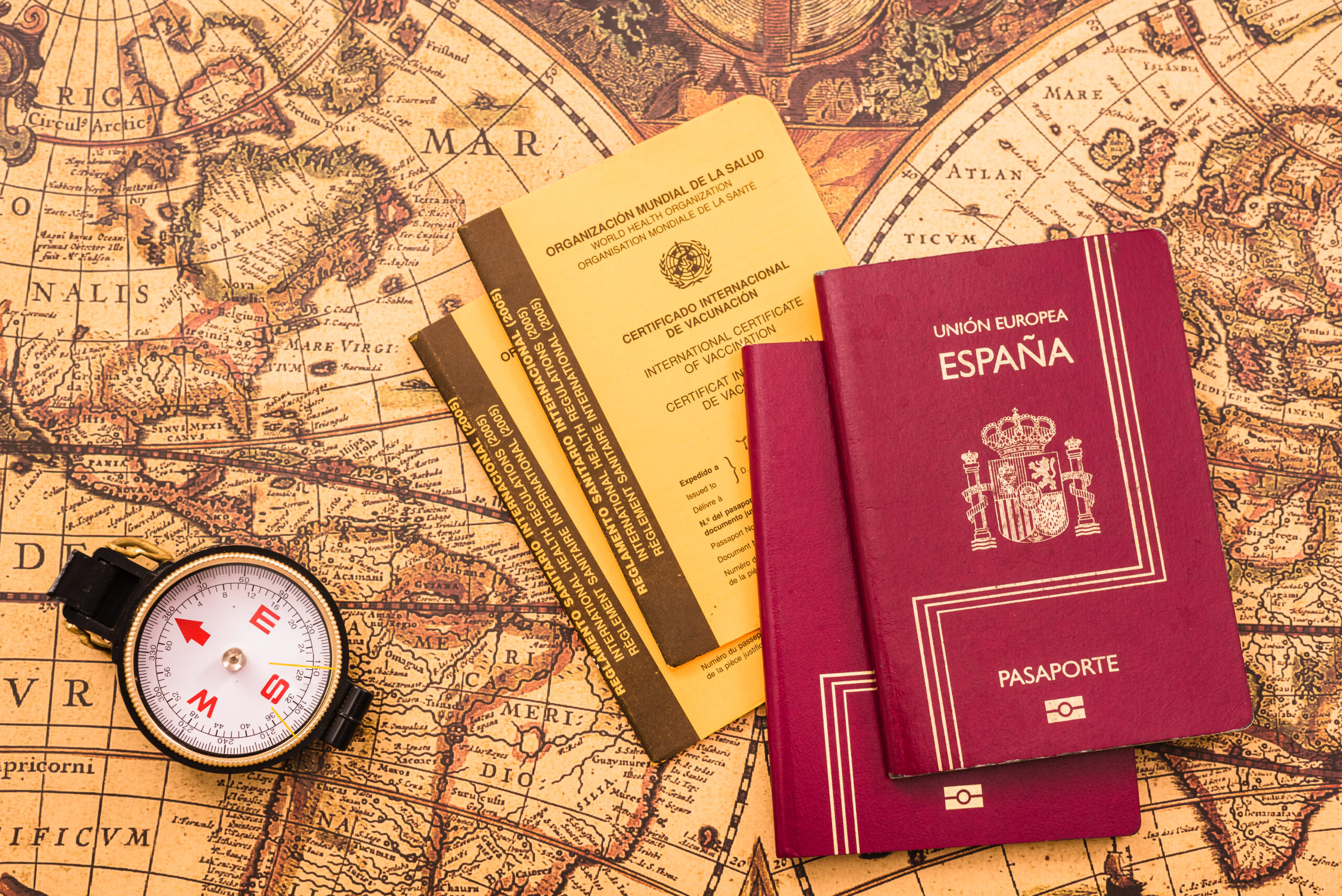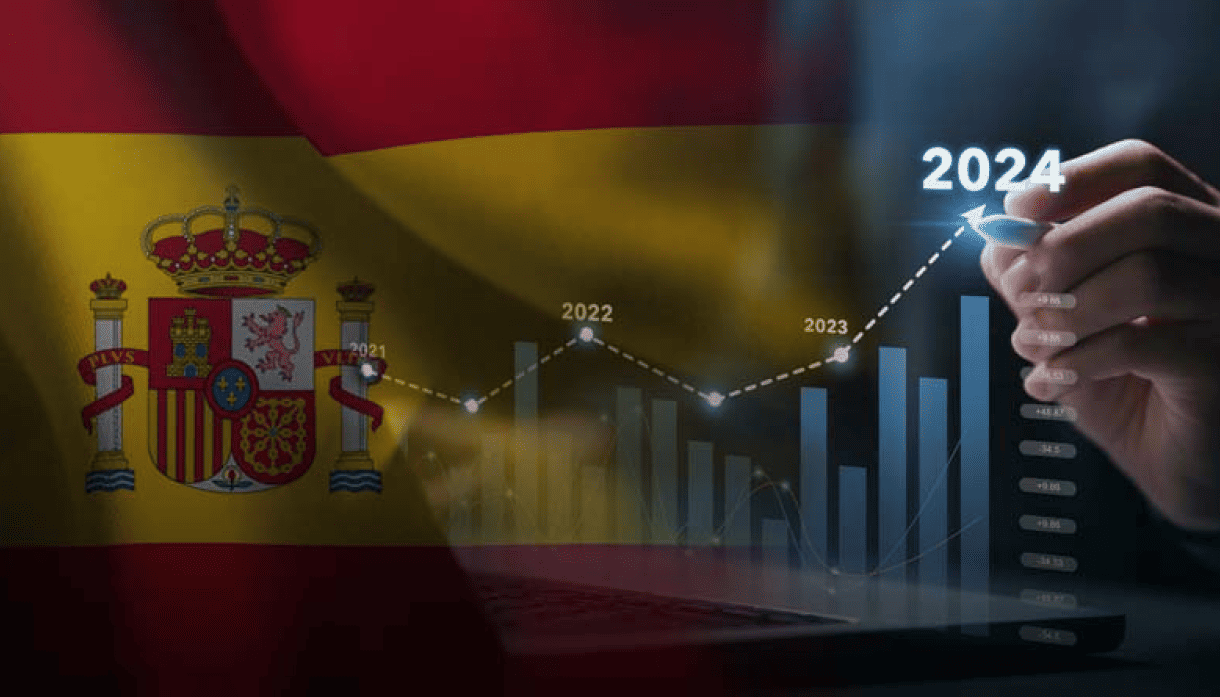
How Tourism Boosts Spain Economy: Best 7 Key Insights
Tourism has long been a cornerstone of the Spain economy, driving growth and development across various sectors. With its rich cultural heritage, diverse landscapes, and vibrant cities, Spain continues to be one of the most sought-after travel destinations in the world. From bustling urban centers like Madrid and Barcelona to the tranquil beaches of the Mediterranean and the historic towns scattered throughout the country, tourism touches every corner of Spain. As millions of visitors flock to experience the country’s beauty and culture, the impact on the economy is profound. This article will explore the seven key ways tourism boosts the Spain economy, from job creation to infrastructure development, highlighting how this industry plays a vital role in sustaining Spain’s economic growth and resilience.
1. Tourism as a Major Contributor to GDP
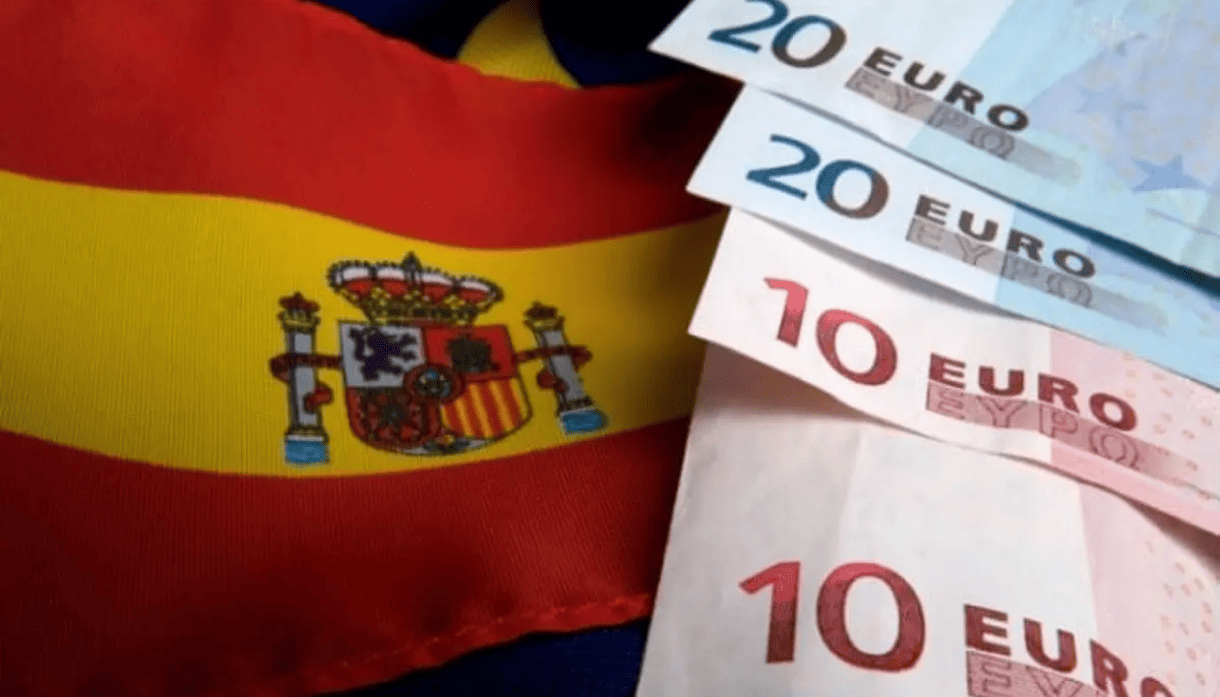
Tourism is a significant driver of the Spain economy, contributing around 12% to the country’s GDP. With millions of tourists visiting Spain each year, the country benefits from both domestic and international tourism. Spain’s diverse attractions, ranging from historical cities like Madrid and Barcelona to the sunny beaches of Costa del Sol, continue to attract millions of visitors. These visits generate billions in revenue, supporting the economy across different regions.
Tourism’s GDP Share in the Spain Economy
The steady flow of tourists boosts various industries like hospitality, transportation, and entertainment. As a result, tourism remains one of the most reliable sources of income for Spain, even during times of global economic uncertainty.
2. Job Creation Across Multiple Sectors
Tourism is a vital job creator within the Spain economy, employing millions of people in sectors such as hotels, restaurants, and travel agencies. The need for transportation, entertainment, and retail services further expands the job market. This industry supports local businesses, from family-run hotels to large multinational corporations, leading to sustained employment opportunities.
Employment Impact on the Spain Economy
Many Spanish regions rely on tourism to provide jobs, particularly in tourist hotspots like the Canary Islands and the Balearic Islands. Seasonal work in tourism also supports temporary employment, helping workers secure a steady income during peak tourist seasons.
3. Influx of Foreign Exchange
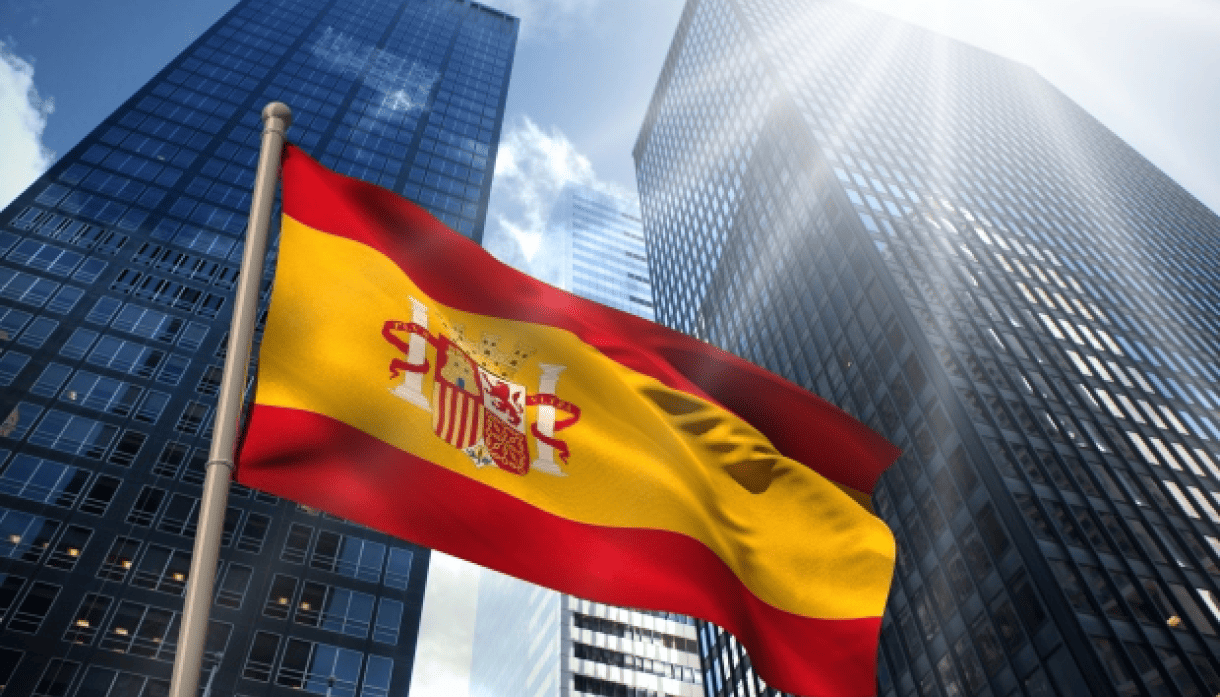
Tourism injects a significant amount of foreign exchange into the Spain economy. International visitors spend money on accommodations, food, travel, and shopping, which positively impacts the balance of payments. Spain, as a member of the Eurozone, benefits greatly from this influx, as it supports the national currency and strengthens economic resilience.
Foreign Exchange and Its Role in the Spain Economy
The increase in foreign currency strengthens Spain’s trade relations and stabilizes its international financial position. Foreign visitors contribute not only to economic growth but also to the overall strength of Spain’s global economic standing.
4. Infrastructure Development and Improvement
The tourism industry necessitates constant improvement in infrastructure, which positively affects the Spain economy. Spain’s government invests heavily in transportation networks, including airports, roads, and railways, to accommodate the growing number of visitors. These improvements not only benefit tourists but also enhance the quality of life for residents.
Spain Economy and Infrastructure Growth
Upgraded transportation and hospitality infrastructure are key factors in Spain’s ability to host millions of tourists efficiently. These investments ensure that the country can continue to compete with other global tourism destinations, ensuring sustained economic growth.
5. Rural and Urban Economic Development
Tourism in Spain is not limited to major cities like Madrid or Barcelona. Rural regions also benefit from the influx of tourists, as more visitors explore Spain’s natural landscapes and smaller towns. This spread of tourism activity helps stimulate rural economic growth and reduces regional economic disparity.
Boosting Rural Economies
The diversification of tourist destinations helps improve rural infrastructure, stimulates local businesses, and preserves cultural heritage. Tourists drawn to Spain’s lesser-known regions contribute directly to local economies, enhancing the Spain economy by promoting equal growth in both urban and rural areas.
6. Increased Government Revenue through Taxes
Tourism generates substantial tax revenue for the Spanish government. Tourist spending is subject to VAT (Value-Added Tax), while businesses that cater to tourists, such as hotels and restaurants, contribute corporate taxes. These revenues are reinvested into the economy to further support infrastructure, healthcare, and education.
Taxation’s Role in the Spain Economy
Government revenues from tourism taxes are crucial in maintaining public services and enhancing the nation’s overall infrastructure. By reinvesting tax revenues into the economy, Spain ensures long-term economic stability and growth.
7. Tourism Drives Innovation in the Service Industry

To remain competitive, Spain’s tourism sector constantly innovates, improving customer service, adopting new technologies, and creating unique visitor experiences. Innovation drives economic growth, as businesses in the tourism industry seek to improve efficiency and offer tailored services to meet changing consumer demands.
Technological Advancements and the Spain Economy
Advances in digital services, from online booking platforms to virtual tour guides, have transformed the tourism experience in Spain. This embrace of technology further enhances the Spain economy by modernizing services and creating new business opportunities.
Conclusion:
In conclusion, tourism serves as a powerful engine driving the Spain economy, contributing significantly to GDP, employment, and foreign exchange earnings. Its influence extends beyond urban hubs to rural areas, fostering balanced regional development. Through strategic investments in infrastructure, innovation in the service industry, and sustainable growth practices, Spain has positioned itself as a global tourism leader. The tourism sector not only enriches the economy but also enhances the quality of life for residents by creating jobs and improving public services. As Spain continues to evolve as a top destination, tourism will remain a key pillar of the Spain economy, ensuring long-term prosperity and international competitiveness.


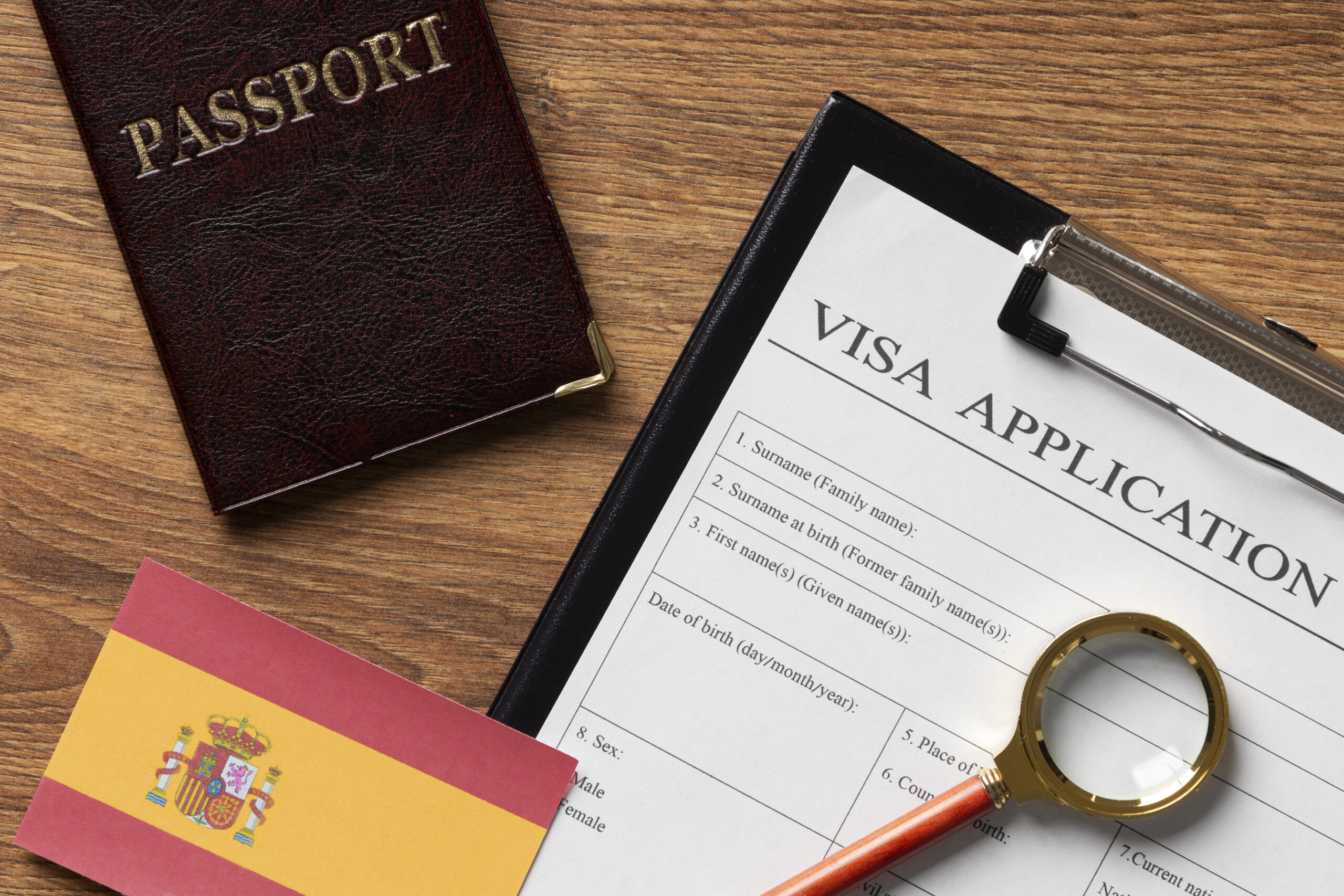
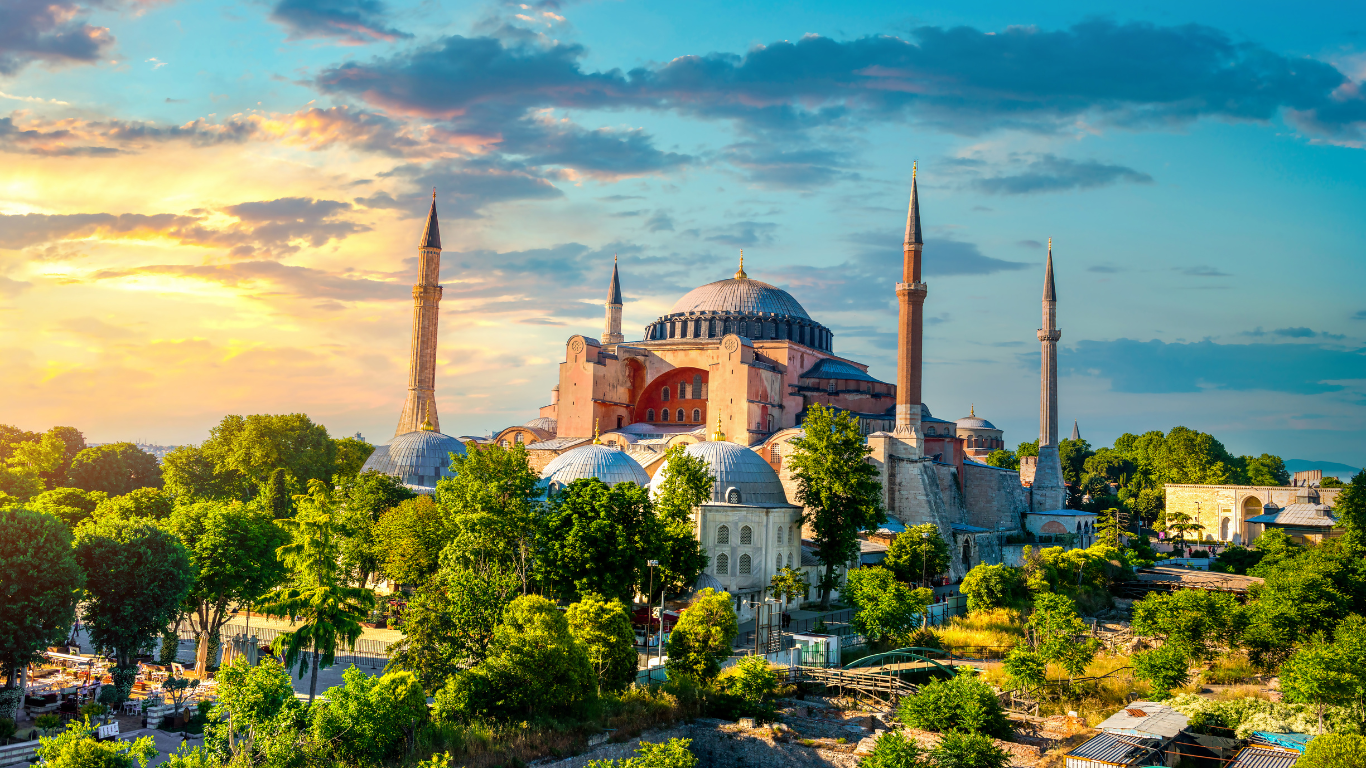
 Contact Us
Contact Us 




